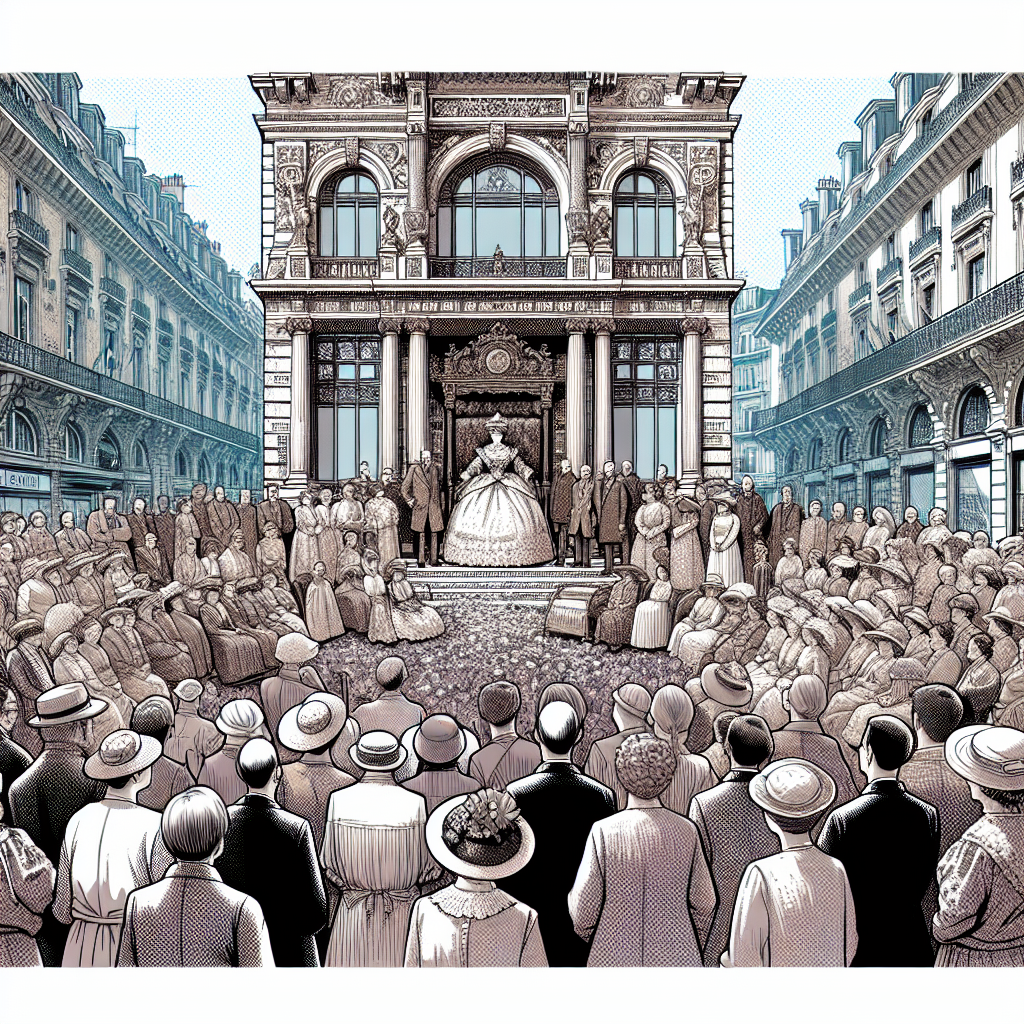Summary:
The Union des Syndicats de Monaco (USM) is celebrating its 80th anniversary, tracing the social history of workers’ rights in Monaco and highlighting the ongoing fight to protect and develop worker’s rights in the future.
Full Story:
The Union of Monaco’s Trade Unions (USM) is celebrating its 80th anniversary this year, representing a significant milestone for the social history of the Principality. Established on October 6, 1944, in the aftermath of Monaco’s liberation, the USM has remained the primary platform for employee expression and protection of their rights. It currently comprises 43 professional trade unions. The birth of the USM coincided with Monaco’s liberation. During this time of strong communist sentiment, the government passed a law on October 6, 1944, authorizing employee trade unions. Trade unions for civil servants were established on November 11, and employers’ trade unions were authorized on November 28. Prior to their establishment, all trade union activity was prohibited. The government provided the former Casa Italiana, the symbolic seat of fascism, as the headquarters for the new organization. The early years set the stage for Monaco’s social services. Between 1944 and 1948, the USM achieved the introduction of employee representatives, the creation of twelve public holidays, the development of Collective Labor Agreements, and the establishment of an independent pension fund. The 1960s were marked by social progress. Following a tense period in the 1950s, characterized by anti-strike laws and attempts to divide trade unions, the 1960s brought about more favorable changes. In 1962, the right to trade unionism was enshrined in Monaco’s constitution. This decade also saw significant structural reforms, including the establishment of a complementary retirement system in 1963, improved salary conditions that guaranteed a minimum wage equal to that of Nice, and the payment of public holidays. The social movements that shook France in May 1968 found resonance in Monaco. Strikes and demonstrations organized in the Principality led to notable agreements, including general wage increases, the establishment of a social fund, and housing allowances, among others. From the 1980s onwards, Monaco witnessed a shift towards liberal policies. The adoption of the anti-strike law in 1980, although quickly repealed as unconstitutional, reflected a desire to limit trade union action in favor of business freedom. Like Europe, Monaco turned towards the tertiary sector, particularly luxury real estate and a strong financial center. While the USM succeeded in exempting French employees in Monaco from contributing to the General Social Contribution in 1994, it was unable to preserve the wage laws of 1945 and 1963 in the early 2000s, resulting in a wage loss of 11.43%, according to the USM. After 80 years, the USM and its various trade unions have achieved significant social progress for workers in Monaco. However, the USM continues to fight to protect existing labor rights and develop new ones, such as the establishment of Article 6, which would better protect employees by requiring justifiable reasons for dismissal. Its affiliation with the World Federation of Trade Unions in 2018 reflects a commitment to integrating an international dimension into its work while maintaining a focus on local issues. The organization advocates for a more equitable distribution of wealth and collective reflection on societal transformations.
Source:
Monaco Tribune






